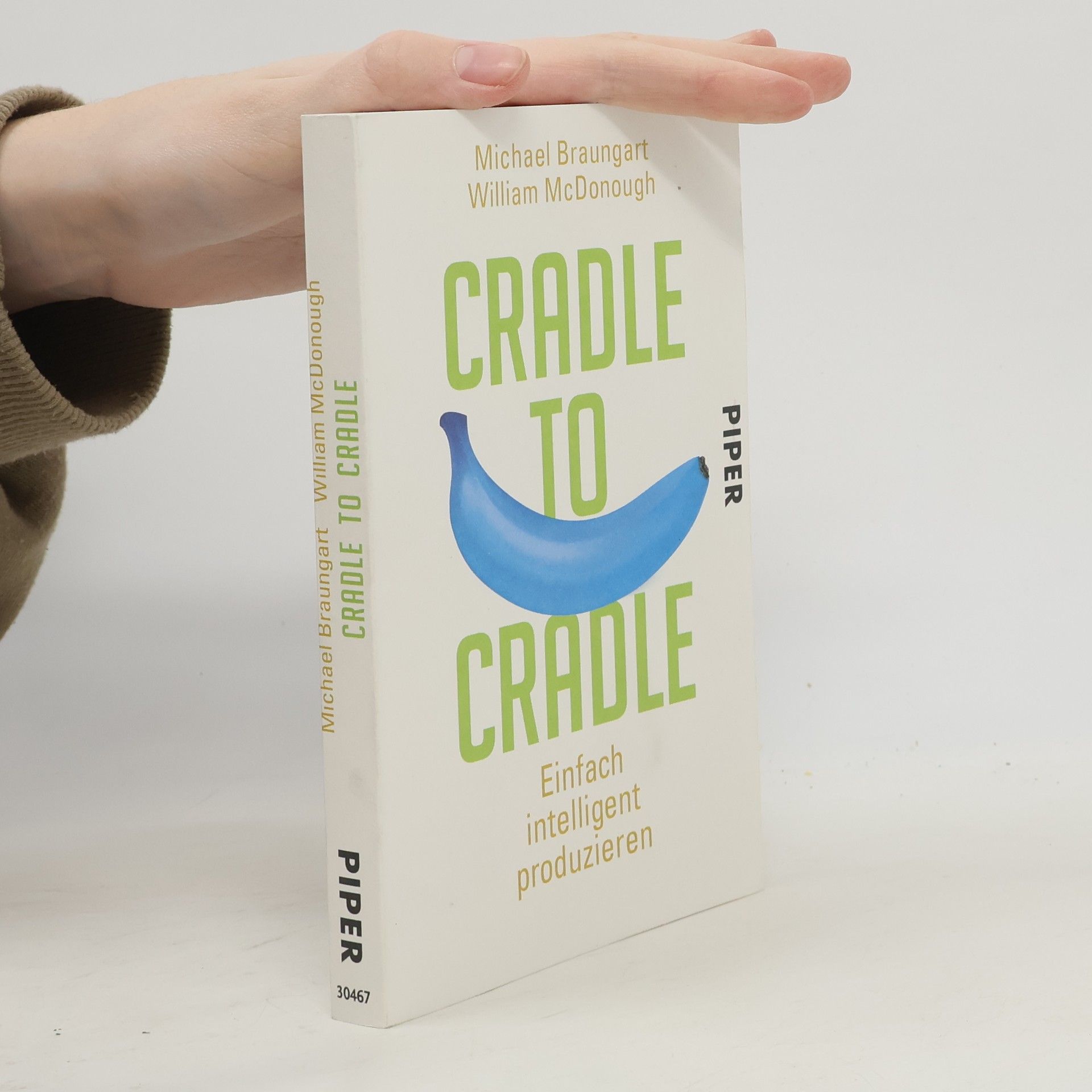Upward trending and volatile materials and energy prices, difficult credit conditions and the myriad opportunities of the digital revolution are combining to make a circular economy the key value driver for the coming decades. A New Dynamic makes the contemporary case for a profound shift from throughput to 'roundput', from ownership to access. The circular economy is enabled by disruptive information technology and the design of materials and products to flow in effective cycles and at high quality - 'made to be made again'. The size of the prize is in the billions of dollars of materials cost savings per year. A New Dynamic features some of the leading writers and practitioners in the field including Walter Stahel, Michael Braungart, Amory Lovins and Chris Tuppen. The volume contains contributions on understanding the model, business case studies, the performance economy, history and development and the entrepreneurial opportunities of these fluid times. This book is a mandated reader for the MBA in Innovation, Enterprise and the Circular Economy at Bradford University School of Management.
Michael Braungart Livres
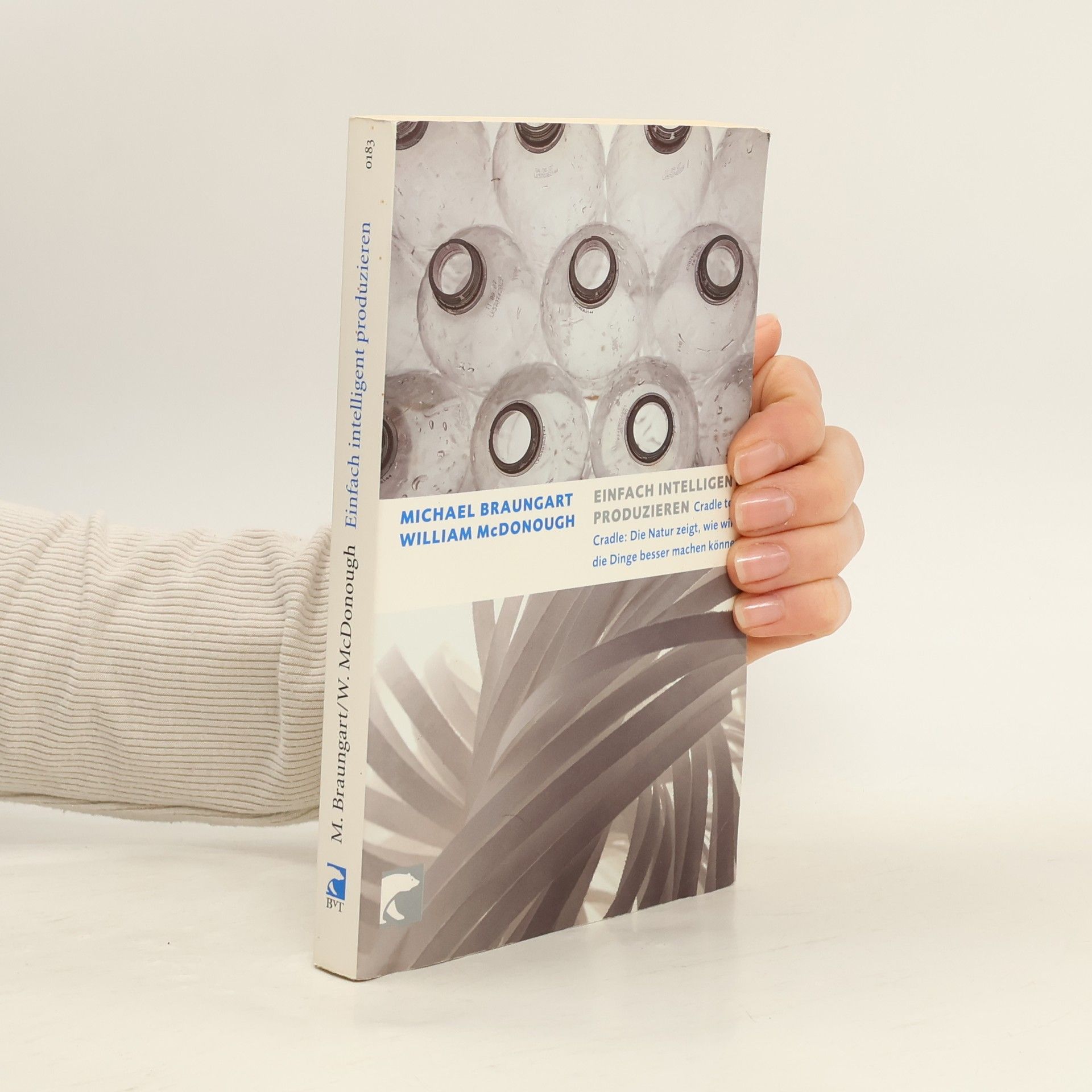


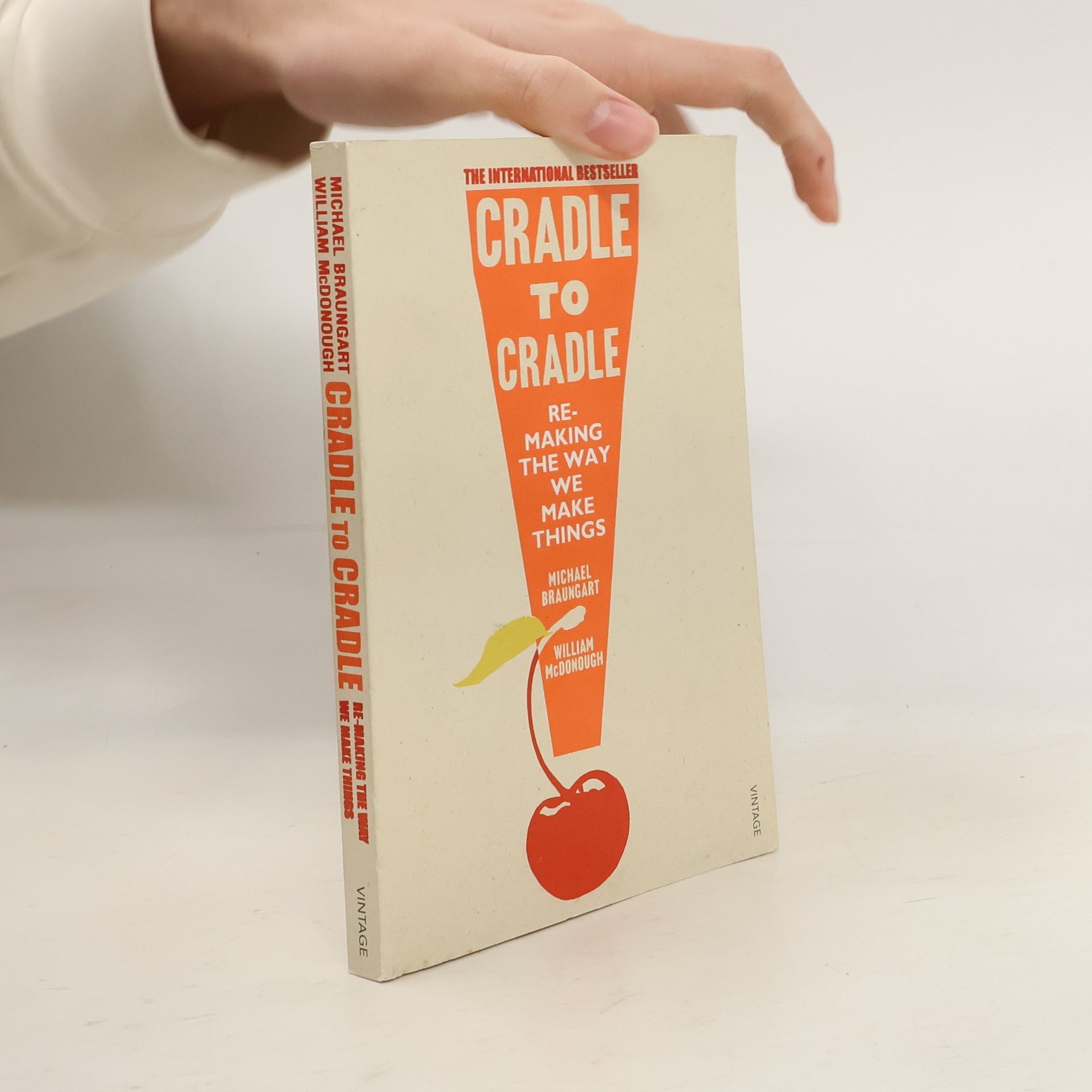
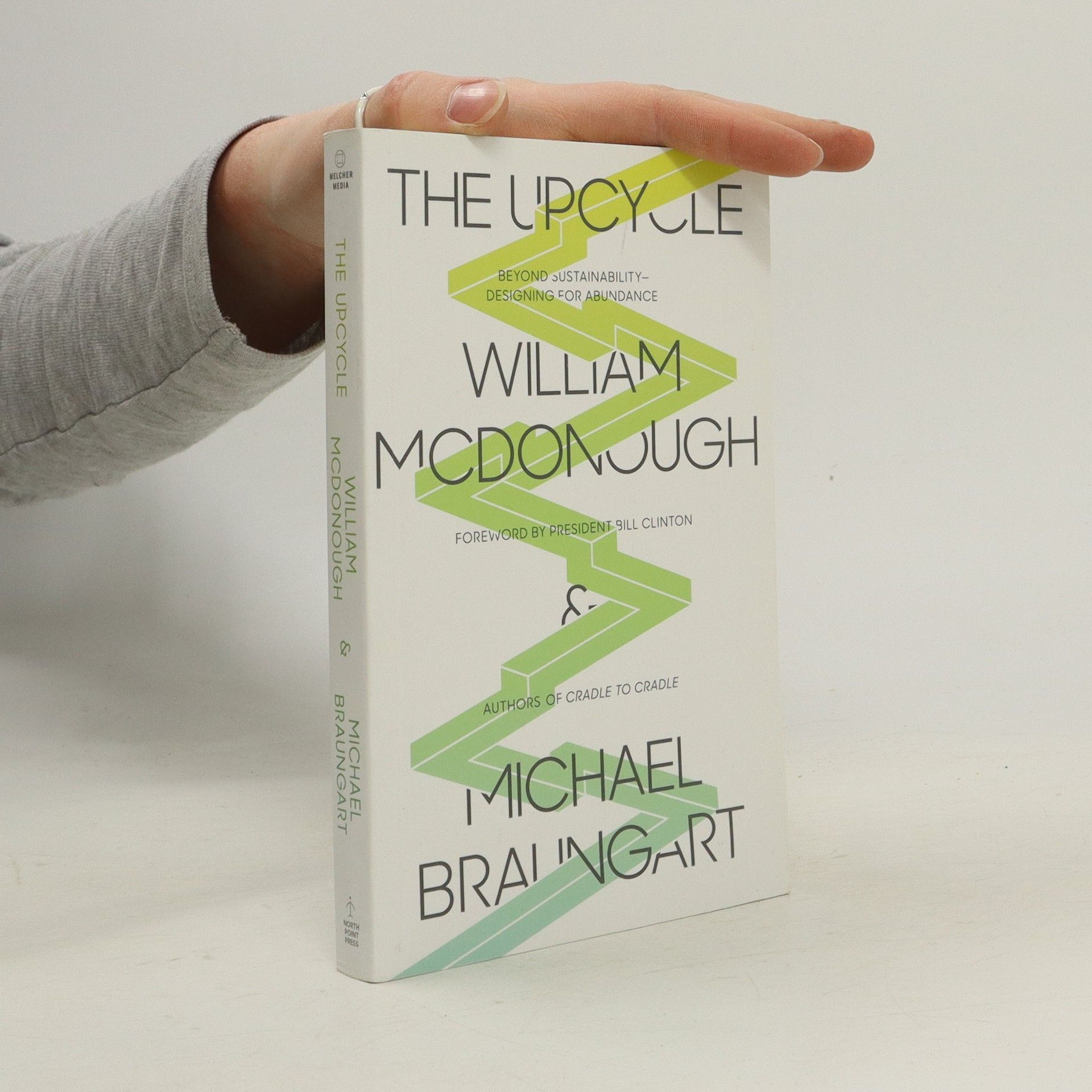
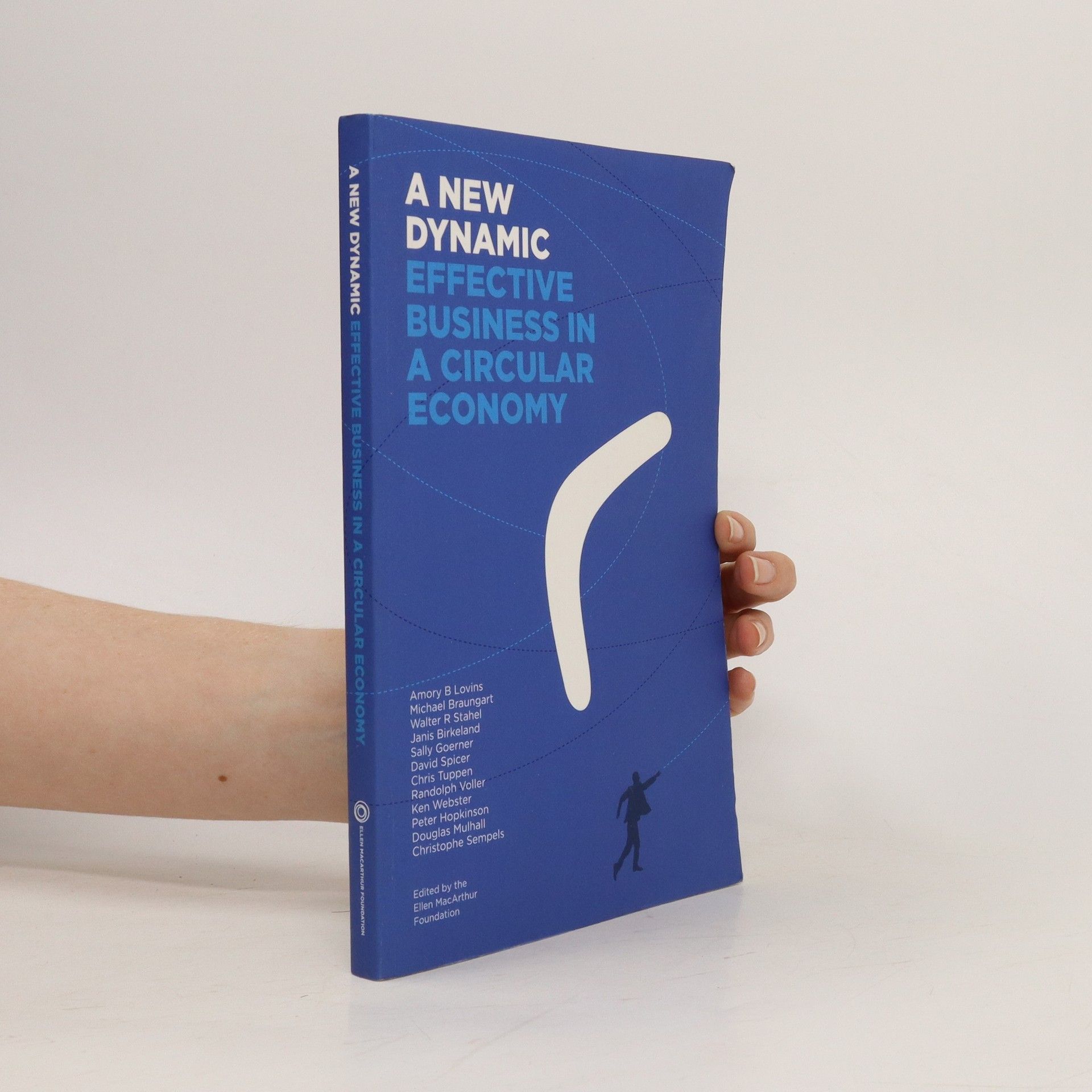
The Upcycle : Beyond Sustainability - Designing For Abundance
- 227pages
- 8 heures de lecture
From the authors "Cradle to Cradle," the next step, in how society must change the way it uses resources. Drawing on the lessons gained from 10 years of using the cradle-to-cradle concept, McDonough and Braungart envision the next step in the solution to our ecological crisis.
'Reduce, reuse, recycle' urge environmentalists; in other words, do more with less in order to minimize damage. But as architect William McDonough and chemist Michael Braungart point out in this provocative, visionary book, this approach only perpetuates the one-way, 'cradle to grave' manufacturing model, dating to the Industrial Revolution, that creates such fantastic amounts of waste and pollution in the first place. Why not challenge the belief that human industry must damage the natural world? In fact, why not take nature itself as our model for making things? A tree produces thousands of blossoms in order to create another tree, yet we consider its abundance not wasteful but safe, beautiful and highly effective. Waste equals food. Guided by this principle, McDonough and Braungart explain how products can be designed from the outset so that, after their useful lives, they will provide nourishment for something new - continually circulating as pure and viable materials within a 'cradle to cradle' model. Drawing on their experience in redesigning everything from carpeting to corporate campuses, McDonough and Braungart make an exciting and viable case for putting eco-effectiveness into practice, and show how anyone involved in making anything can begin to do so as well.
Environmental and human catastrophe looms ever larger for planet Earth. From the need to build sustainable cities to house growing billions to transforming the international trade system to tackling run-away climate change, positive, powerful action is needed now to turn a deepening global crisis into an opportunity for change. This book, the first major output by leading lights from the World Future Council (WFC), a new international lobby for future generations, seeks nothing less than a complete transformation of how humans relate to the world and one another.
Im Zentrum des Buches steht das Konzept der ökologisch effektiven und sozio-ökonomisch erfolgreichen Produktionsweise des Chemikers Michael Braungart und des Architekten William McDonough: „Cradle to Cradle“ – Von der Wiege zur Wiege. Das heißt: Produkte werden so konzipiert, dass sie nicht zu Abfall werden, sondern nach Gebrauch wieder zu möglichst 100 % einsetzbar sind. Die Materialien bleiben als Nähr- und Rohstoffe Teil eines intelligenten, höchst effektiven Recyclingsystems aus technischen und biologischen Kreisläufen – mit positiven Effekten für Umwelt, Gesundheit und Ökonomie. Die vielfach ausgezeichneten ökologischen Vordenker haben mit diesem Konzept Leitlinien entwickelt, an denen sich bereits heute kleine, mittlere und weltweit bekannte Unternehmen orientieren. In diesem Buch werden sowohl das innovative Konzept als auch Firmen vorgestellt, die nach Cradle to Cradle produzieren und somit wertvolle Anregungen für eine nachhaltige, ökologisch-durchdachte Ökonomie der Zukunft geben können.
"Autos aus Autos? Schuhe als Düngemittel für unsere Balkonblumen? Zukünftig gibt es nur noch zwei Arten von Produkten: Verbrauchsgüter, die vollständig biologisch abgebaut werden können, und Gebrauchsgüter, die sich endlos recyclen lassen. Die Devise lautet: Nicht weniger müssen wir produzieren, sondern verschwenderisch und in technischen und biologischen Kreisläufen. Eine ökologisch-industrielle Revolution steht uns bevor, mit der Natur als Vorbild. Und was die beiden Fachleute in anschaulicher Weise darbieten, ist keineswegs nur graue Theorie, sondern das Ergebnis eigener praktischer Erfahrungen: Michael Braungart und William McDonough erproben seit Jahren mit Firmen wie Ford, Nike, Unilever und BP erfolgreich die Realisierbarkeit ihrer Ideen." -- Herausgeber.
Cradle to cradle
Einfach intelligent produzieren
Autos aus Autos? Schuhe als Düngemittel für unsere Balkonblumen? Zukünftig gibt es nur noch zwei Arten von Produkten: Verbrauchsgüter, die vollständig biologisch abgebaut werden können, und Gebrauchsgüter, die sich endlos recyclen lassen. Nicht weniger müssen wir produzieren, sondern verschwenderisch und in technischen und biologischen Kreisläufen. Eine ökologisch-industrielle Revolution steht uns bevor, mit der Natur als Vorbild. Dieses Buch wurde mit nachhaltigen Materialen produziert.
